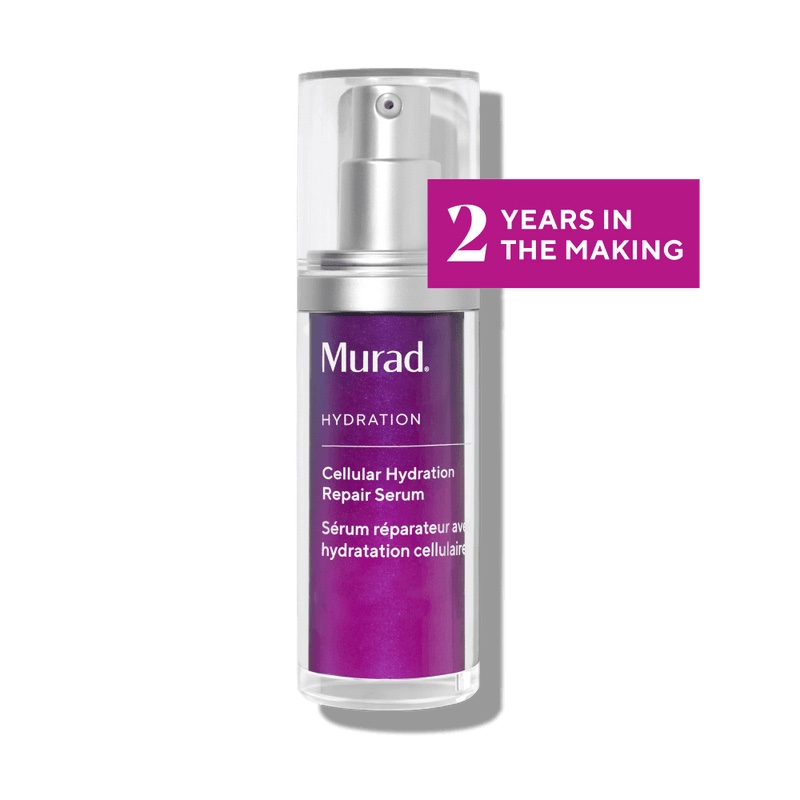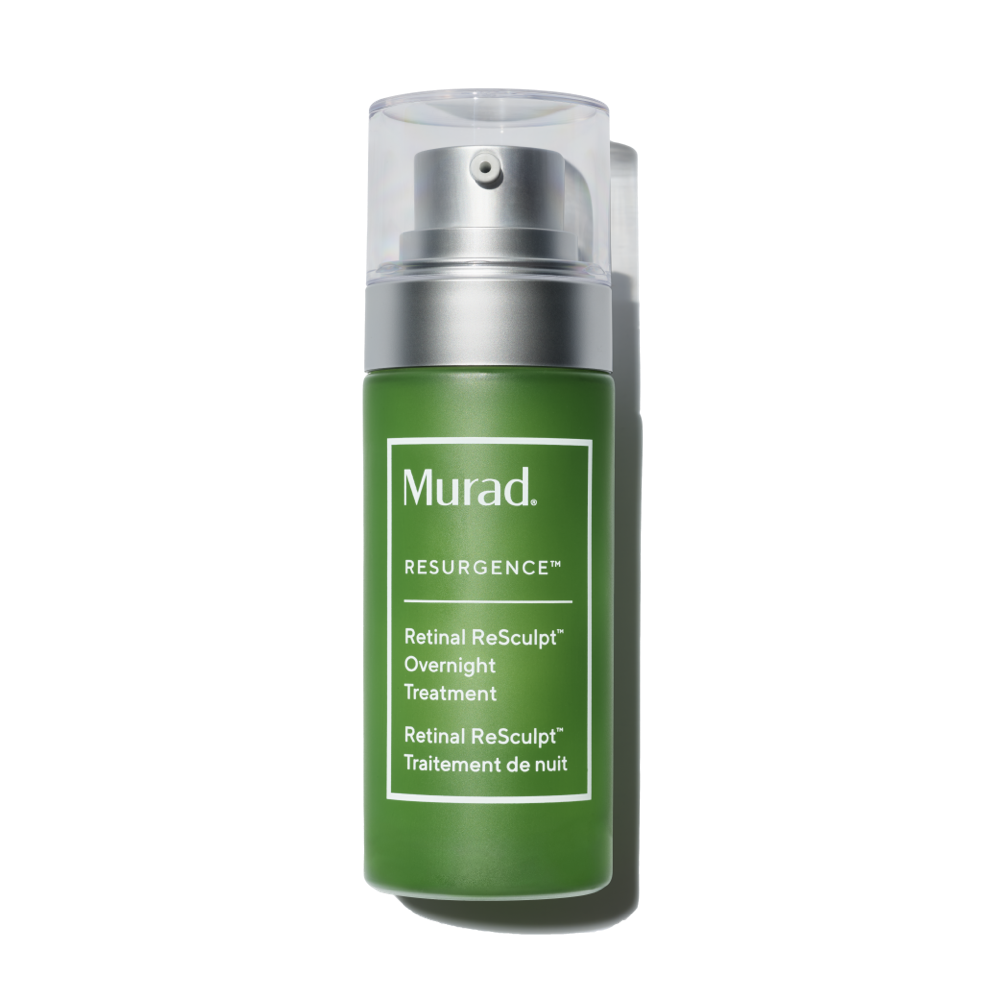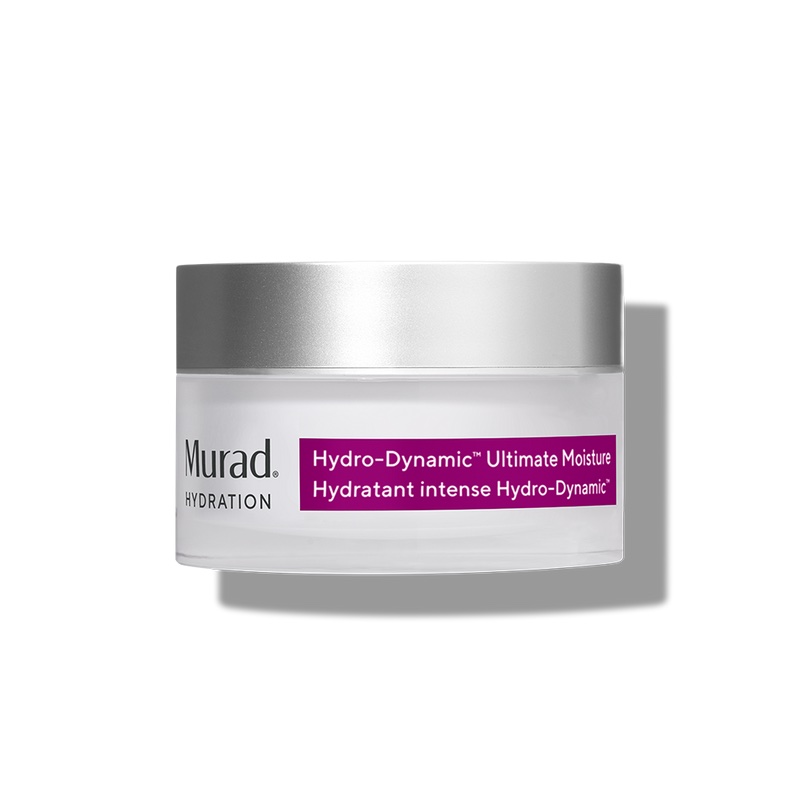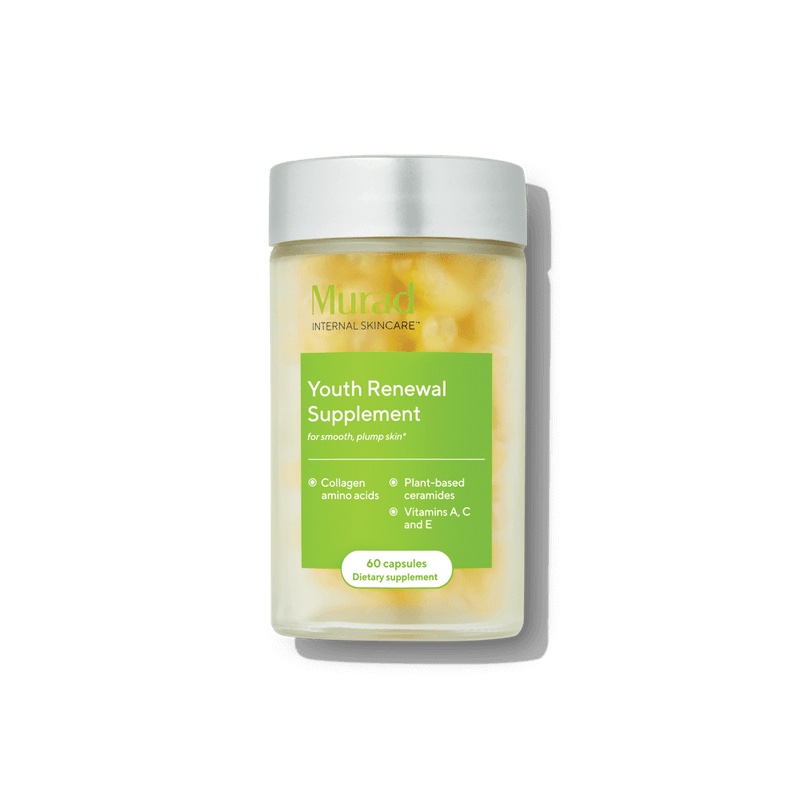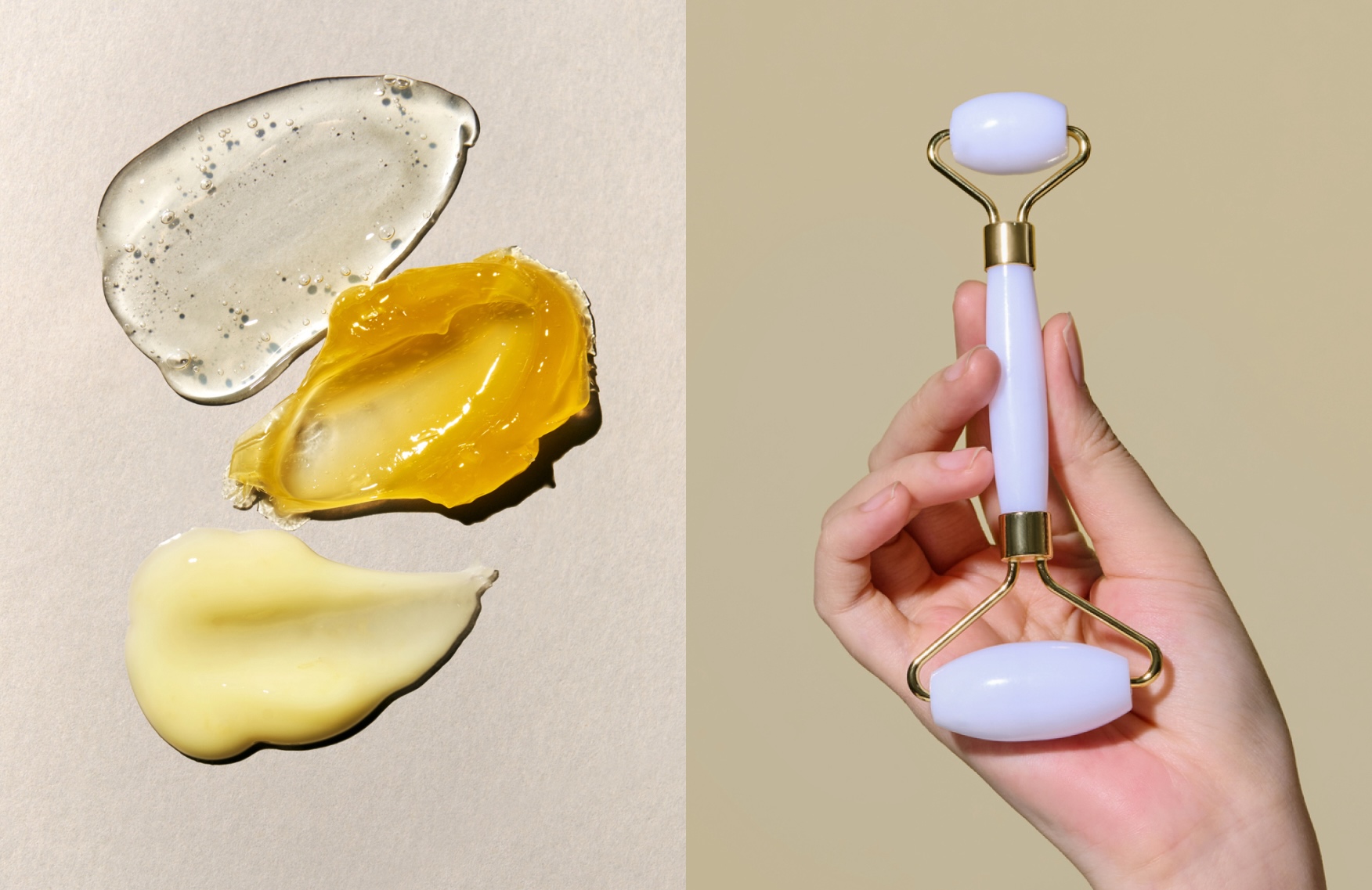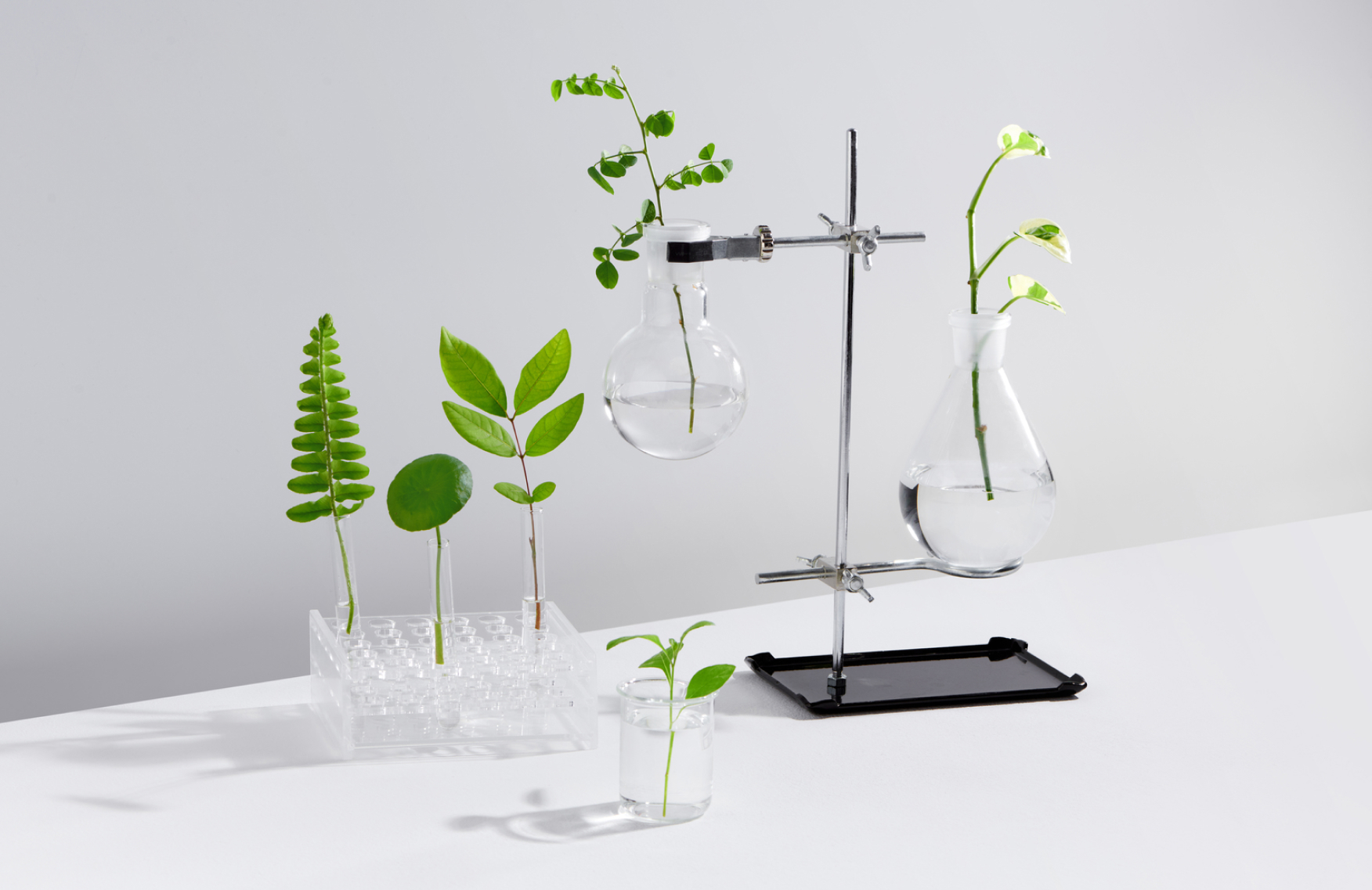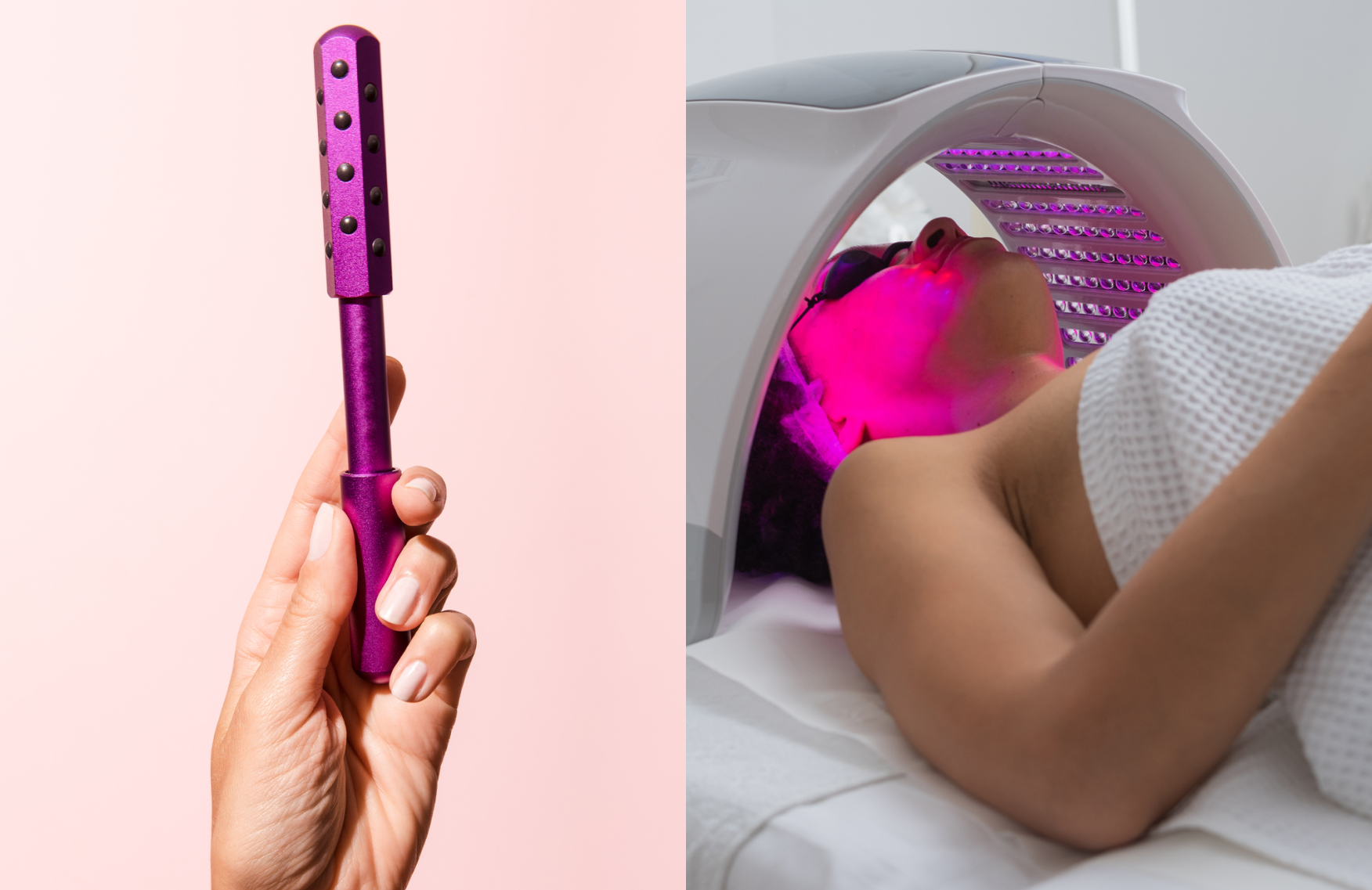Menopause skincare: Gimmicky or great? An expert weighs in
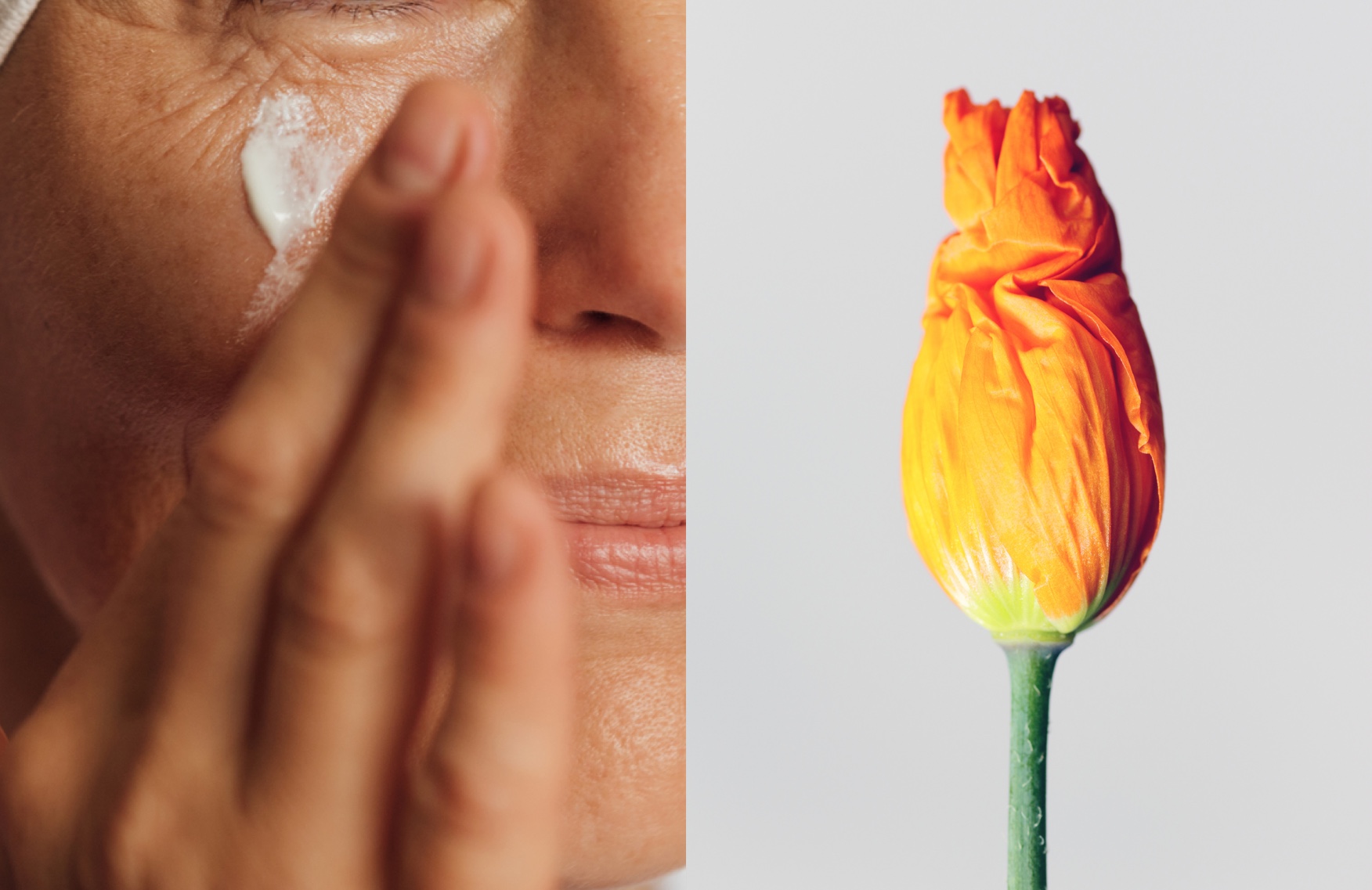
Perimenopause (the 7-10 years leading up to your final period) and menopause (the year after your final period) are not only responsible for significant hormonal and physiological changes in a woman’s body, they’re also prime stages for considerable changes to one’s skin. Recently, skincare addressing those menopause-specific changes have entered the market. But are they necessary?
First, what happens to your skin during menopause?
During perimenopause, ovaries begin to produce less estrogen. As estrogen levels decrease, so do your skin’s moisture content, elasticity and collagen, which may lead to an increase in wrinkles, sagging and fine lines.
“You begin life with an abundance of collagen. Once you hit perimenopause and then periods stop, collagen takes an exponential downward dive of around 30 percent during the first five years after your final menstrual period, followed by 2 percent annually thereafter, “says Dr. Sara Gottfried, a board-certified physician and New York Times best-selling author of books such as Women, Food and Hormones. As skin cell turnover also starts to slow, some may also notice dullness of skin, increased breakouts and slower wound healing.
How can we best prepare our skin for menopause? Which ingredients should we prioritize in our daily skincare routines?
Ingredients that replenish moisture as well as strengthen the skin barrier should be high on the list of priorities, along with a hydrating sunscreen. “For those who are dry, I recommend using a peptide-containing serum or cream, which helps to boost collagen without irritating the skin,” says Dr. Marisa Garshick, a board-certified dermatologist and assistant clinical professor of dermatology at Cornell-New York Presbyterian Medical Center. Ceramides and anti-inflammatory ingredients, such as niacinamide, also help support the skin barrier.
As for what to avoid? “While retinoids can still be helpful to improve overall signs of aging such as fine lines and wrinkles, it is important to avoid using too many active ingredients that can dry out the skin,” says Dr. Garshick. “It is important to avoid over exfoliation, harsh soaps and abrasive scrubs, which can disrupt the skin barrier and leave the skin more prone to sensitivity.”
Are menopause-specific skincare products really necessary?
Overall, Dr. Garshick believes skincare specifically targeting menopause-related concerns are helpful. “Menopause-focused skincare products rely on ingredients that help to address common skincare concerns in menopause while still being gentle on the skin,” she says. “While products containing key active or moisturizing ingredients may work also, having menopause specific skincare products available can help to raise awareness about the evolving skin needs during menopause.”
Aside from fortifying our skincare routine with key ingredients, what else can we do to maintain skin health during menopause?
Dr. Gottfried recommends encouraging collagen production through foods rich in protein (think fish, lean meats, eggs and beans), copper (liver, oysters, sesame seeds), and collagen itself (hello, bone broth!).
A good night’s rest also goes a long way. “I can’t say enough about getting a full night’s sleep for health benefits across the board,” she says. “And collagen is replenished during your shut-eye hours.”
The views expressed in this article do not necessarily represent the views of Murad, and are for informational purposes only, even if the advice of physicians and medical practitioners are included. This article is not a substitute for professional medical advice, diagnosis or treatment, and should not be considered specific medical advice.
